While the French were remembering the Storming of the Bastille, on July, 14th the Barton Neighbourhood Centre was hosting another BartOn The Move event: the Hack Day. From 10:30 a.m. to 2 p.m. local authorities, representatives of the mobility industry, academics, citizens and members of the civil society gathered to discuss the highest priority ideas generated during previous activities and flesh out concepts.
This was the latest of a long series of meetings and events, including two Citizen Mobility Community planning meetings, the launch of the Citizen Mobility Lab, an ongoing interactive display combined with ad-hoc community evenings and the Presentation Day. The Hack Day was centred around the ideas that had been collected during previous events, as its main purpose was ranking them and narrowing down the long list to a handful that could be developed in more detail. In order to achieve this objective, participants split into smaller groups and each group assessed some ideas according to a feasibility/(expected) impact matrix. It doesn’t come as a surprise that ideas with high feasibility and high impact were prioritised. The resulting list of ideas can be summarised as follows:
- Providing help for installing the app and for the first booking to new users
- Developing partnerships to promote the use of the service
- Increasing the added value of PickMeUp thanks to its connection with other transportation means
- Using specific forms of advertising to improve the visibility of the service
- Increasing service accessibility
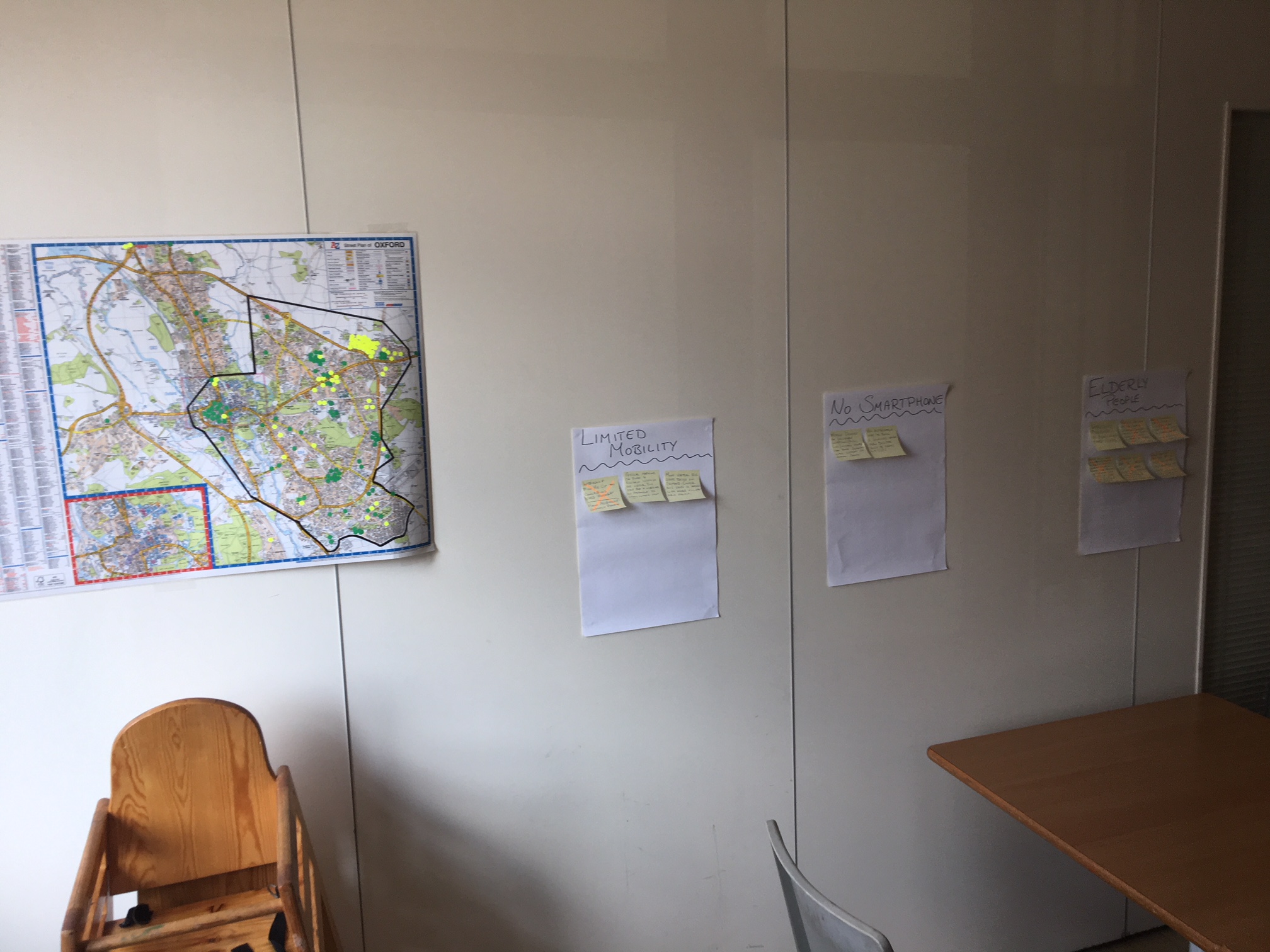
You can gain a better understanding of these ideas could translate into solutions by reading the concepts that were created starting from the higher level and looking at more concrete ways to implement the ideas.
Providing help for installing the app and for the first booking to new users
New users could be supported in several ways. Hack Day participants mentioned the following ones:
- Developing a booking system that allows group bookings to empower first-time users who do not feel confident about the system
- Offering awareness raising sessions or training/support sessions in key community areas to clarify the functioning of the app
- Training a selected group of community members who can in turn train peers, especially vulnerable members of the community. Training materials could be provided in different formats, including YouTube videos. Potentially, time-banking could be used to reward volunteers. Community members could otherwise become PickMeUp champions, who would promote the service and mentor people on their first journey/booking
- Offering PickMeUp buddies for first-time users – a matching system between users and buddies could be created by involving services that work with vulnerable or sick adults
- Providing mobile devices at desirable locations (Aldi, Lidl) where people can book journeys with the support of retail staff
- Offering free group rides towards commercial destinations (e.g. cinema) to familiarise the audience with the service, while encouraging further use towards those destinations
Developing partnerships to promote the use of the service
The use of PickMeUp could be incentivised by involving the right organisations. Hack Day participants thought of:
- Corporate partnership/sponsorship with key retailers at shopping destinations to subsidise trips to reach them
- Partnerships with schools and associations like Age UK in order to provide more extensive information about the service and promote use
- Introduction of PickMeUp to concession card users
Increasing the added value of PickMeUp thanks to its connection with other transportation means
The use of the service could be encouraged by showing that PickMeUp is not a standalone transportation means, but rather a part of an interconnected network that works within and outside the marked service zone. Participants suggested to resort to:
- Single fare for regional services, bikes and PickMeUp in order to link PickMeUp to all bus services, rail services, cycle hire (dockless and docked), etc. and encourage users to opt for a multi-modal transportation
- Different modes’ link-up in terms of locations and/or timing – the booking app should provide an overview of the options available for a given journey.
- Increased visibility to the fact that PickMeUp service is extended beyond the marked zone through direct links to other travel modes and can prove helpful also to reach out-of-zone destinations
Using specific forms of advertising to improve the visibility of the service
The use of PickMeUp could be increased targeting specific audiences, for example through:
- PickMeUp leaflets at tourist destinations and languages schools and local schools
- Information to new residents of the housing development at Barton Park
- Word of mouth that will spread the message
- Promotion through digital review (links from parent website to media sites e.g. Facebook/TripAdvisor/Twitter, etc. If bus wifi is enabled, ask passengers to review the service)
Increasing service accessibility
In order to make PickMeUp a service suitable for the needs of the community, participants considered important thinking of ways to improve accessibility. Concepts that were sketched out during the Hack Day include:
- Finding ways to overcome language barrier for those who do not speak fluent English, for example translating the app into the most spoken language(s) other than English spoken in Barton or working with community groups to spread an understanding of the demand-responsive transport service to ESL (English as a second language) communities in Barton
- Offering a booking system with the possibility to differentiate between “normal” rides and rides to the hospital (for instance, upon appointment) in order to guarantee trained drivers for those rides
- Making sure the app supports speech features (voice commands and read-aloud option) and/or large font
- Using charities to distribute information and technology, for example on occasion of training sessions on how to use the smartphone app.
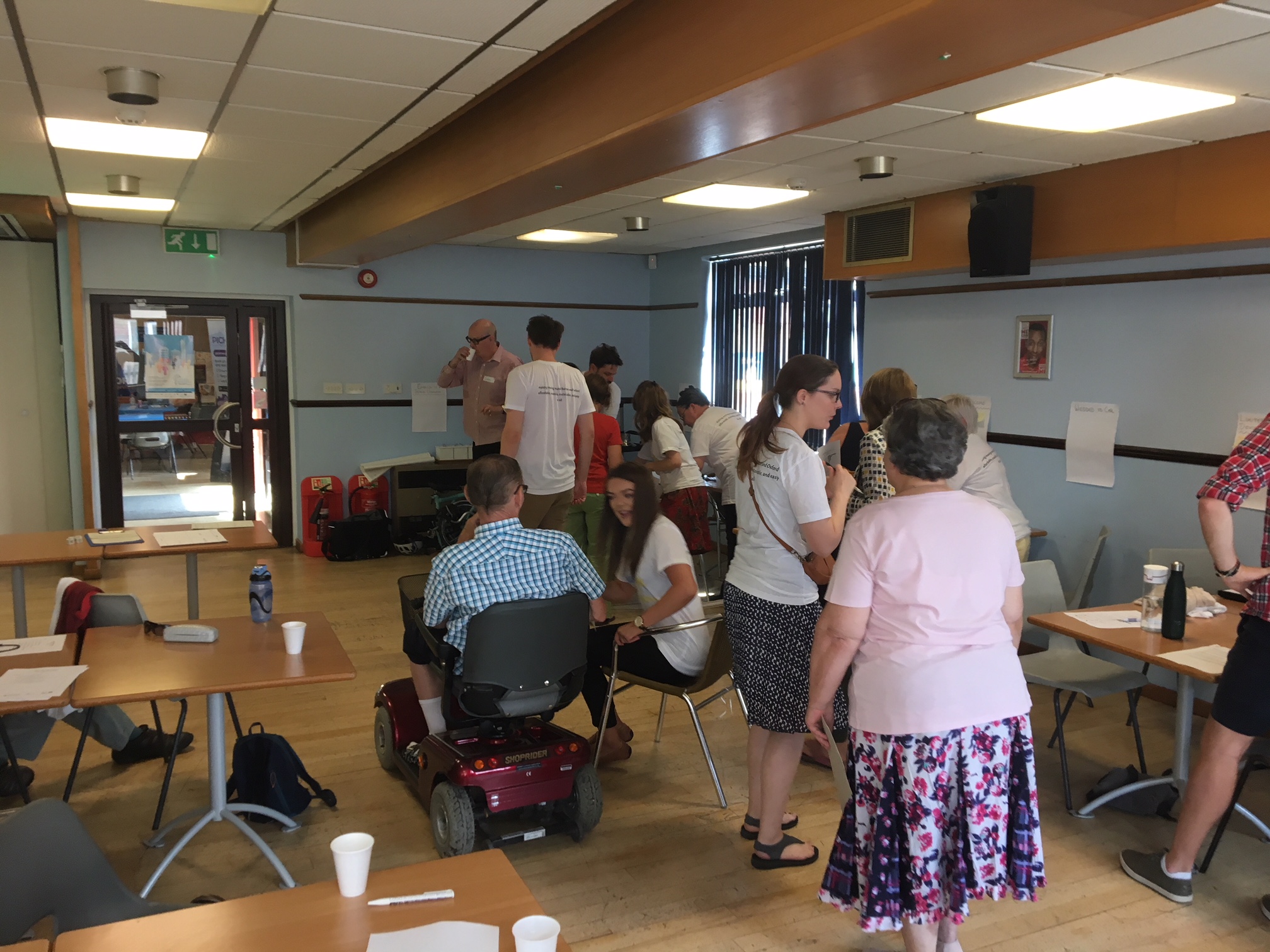
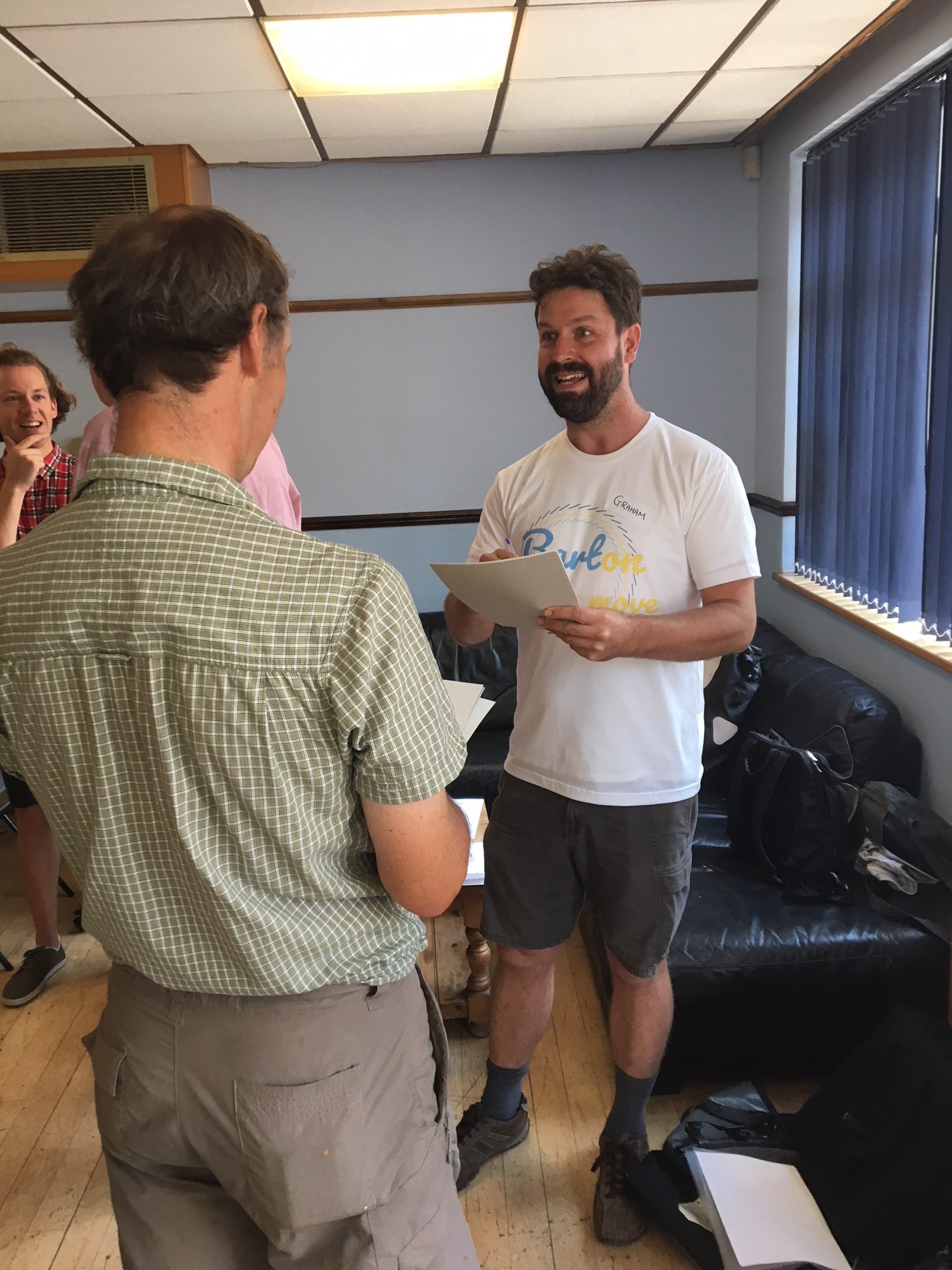
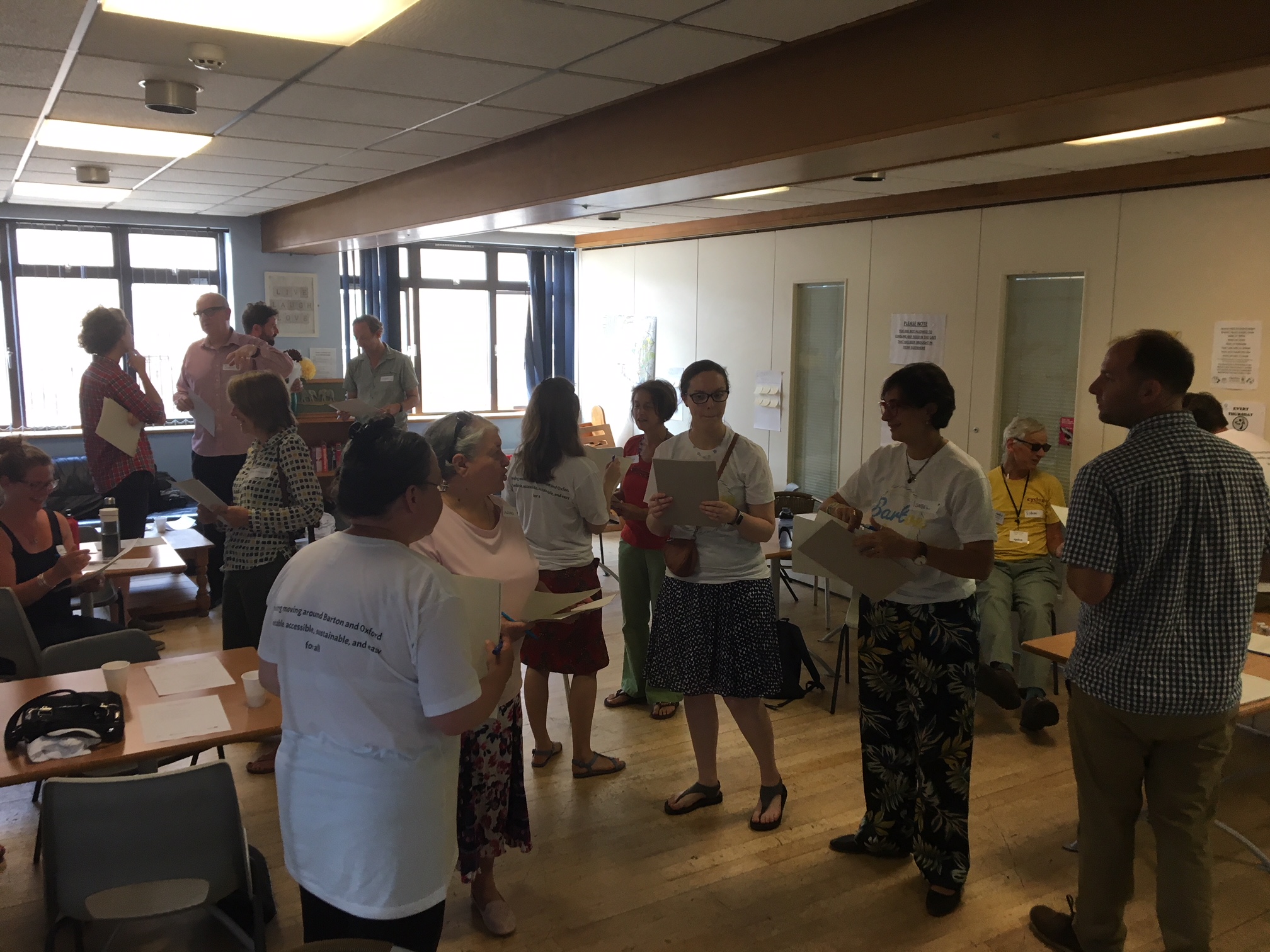
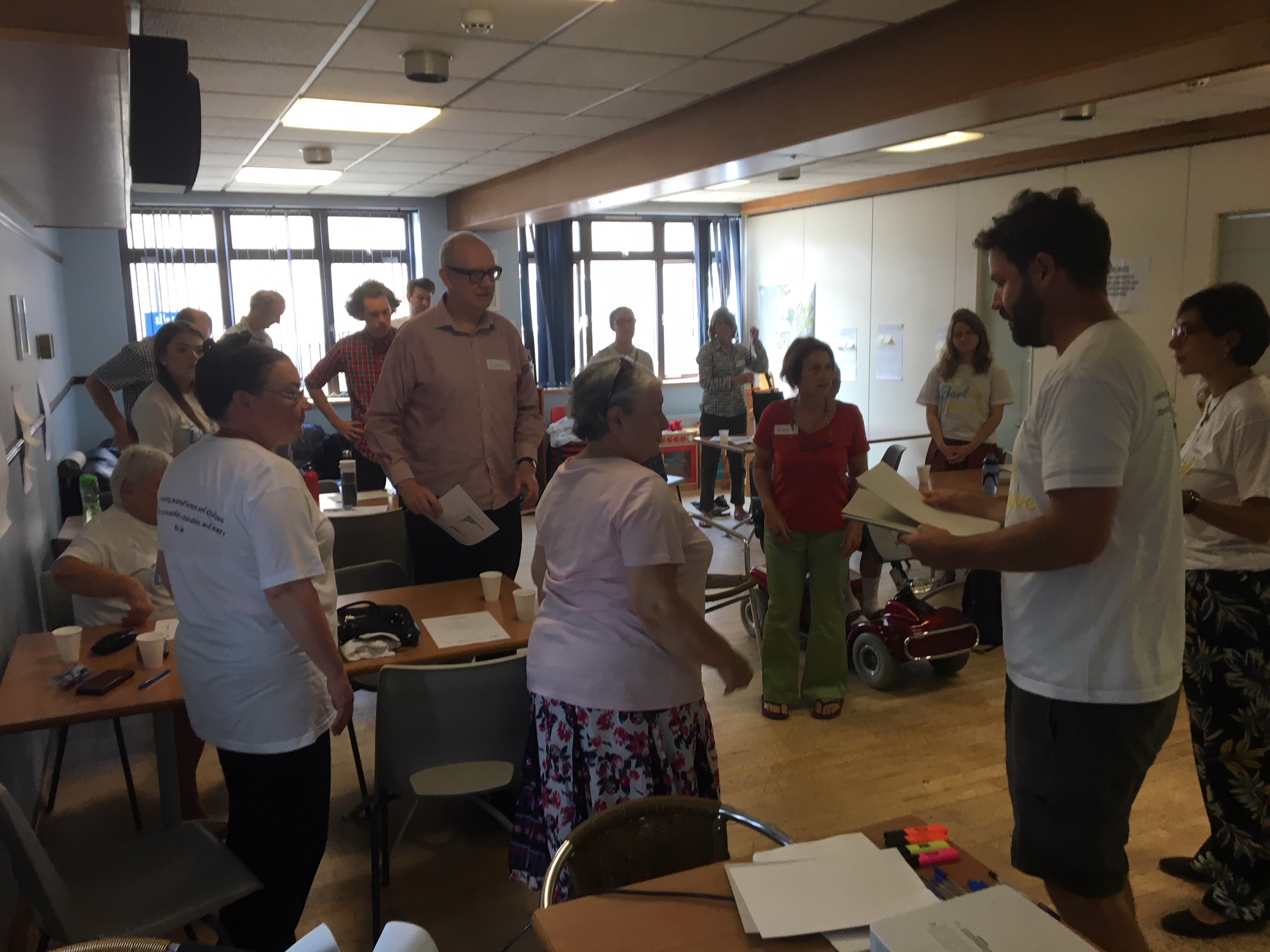
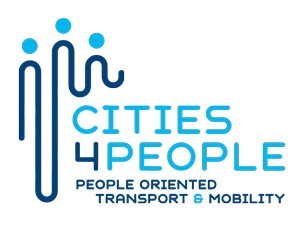
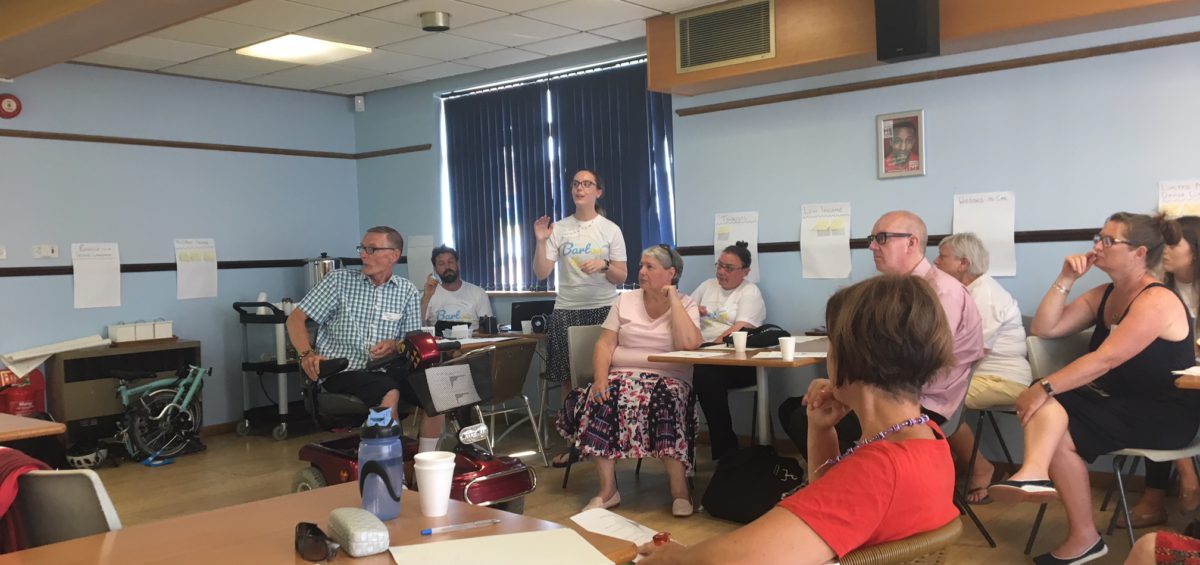
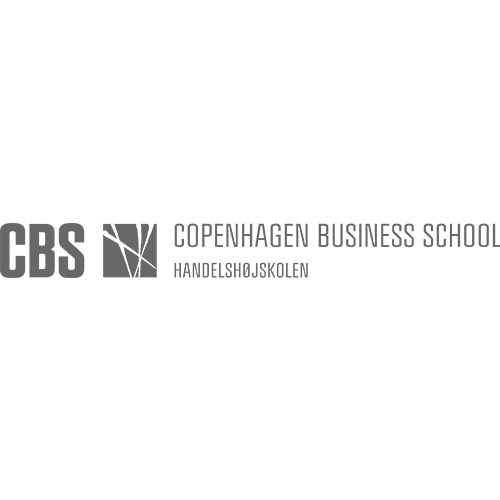

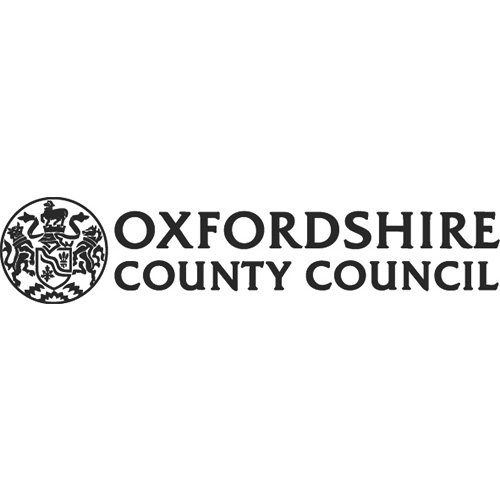

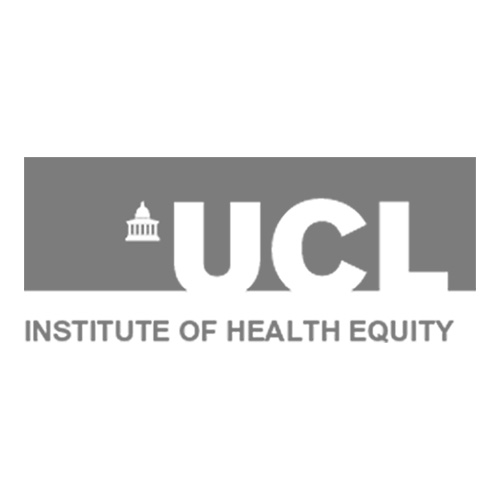

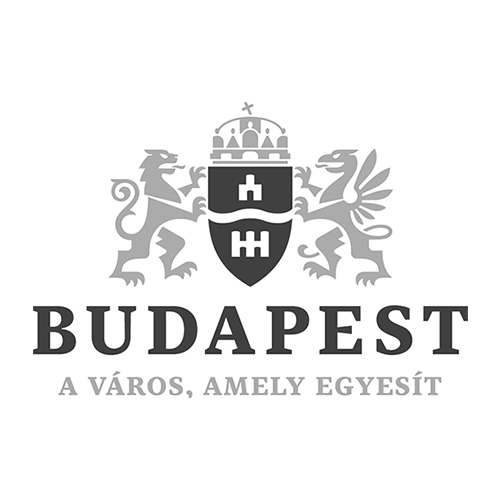
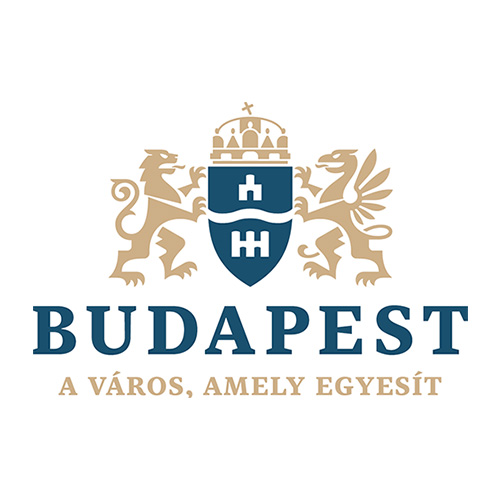
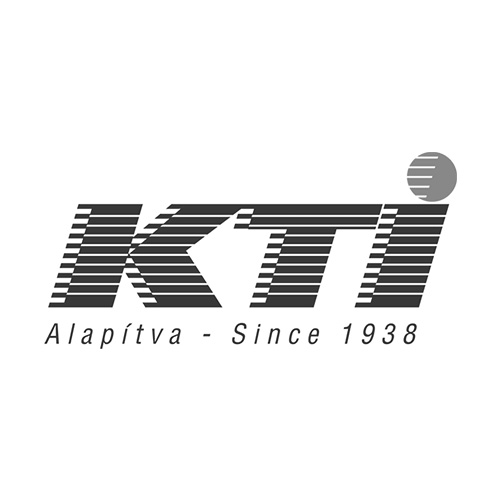
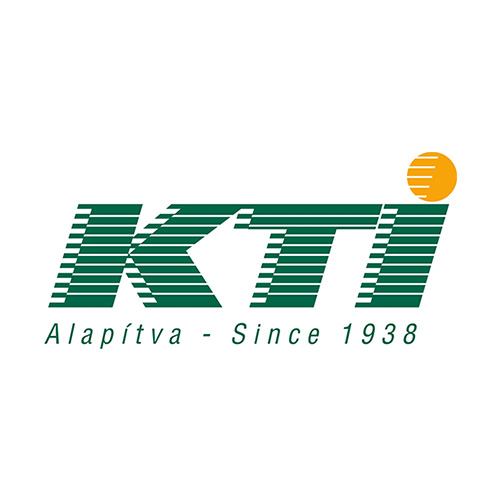
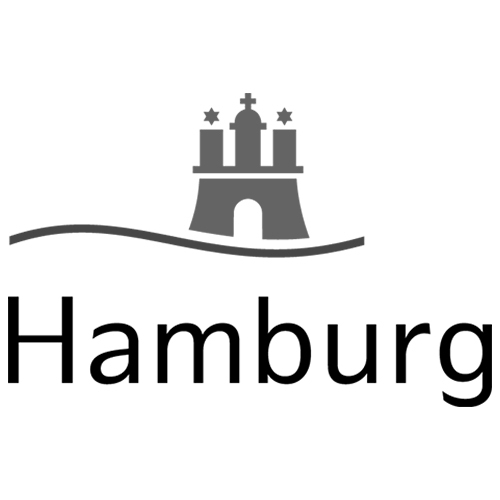
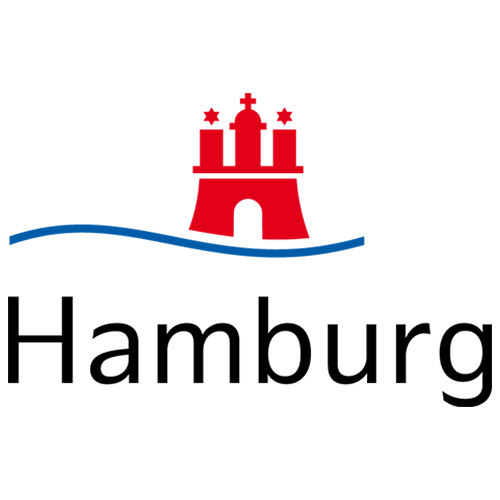
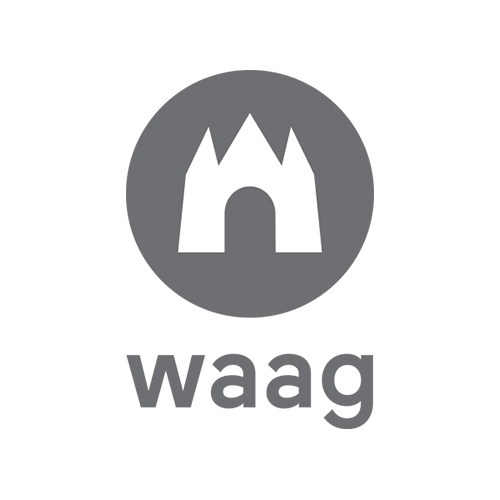
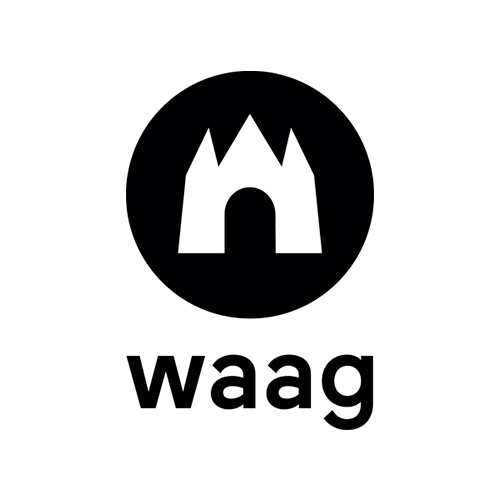
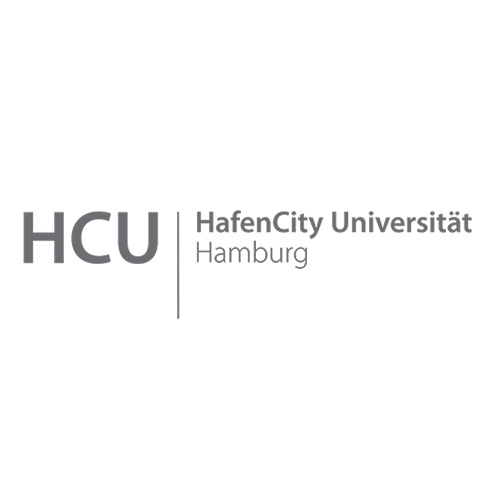
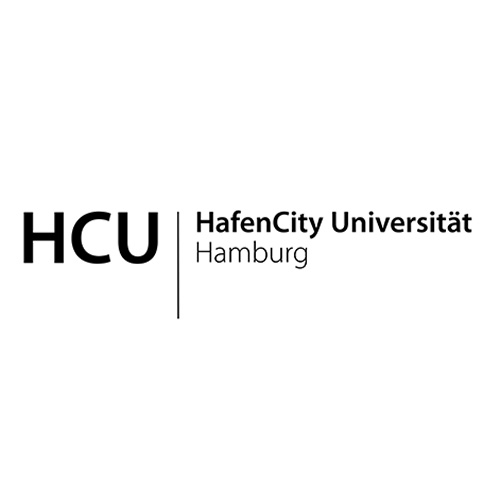
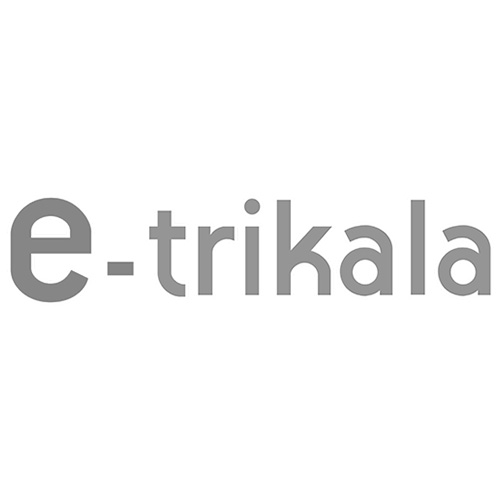
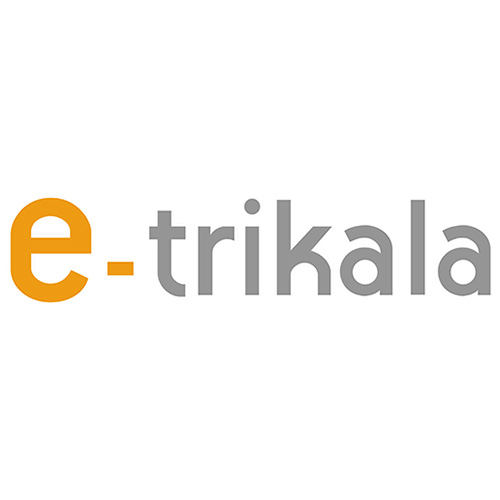
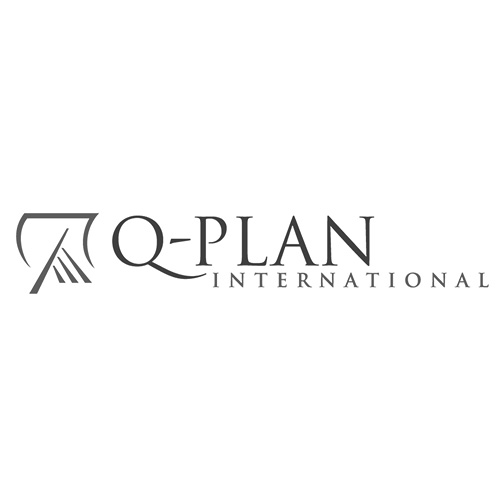
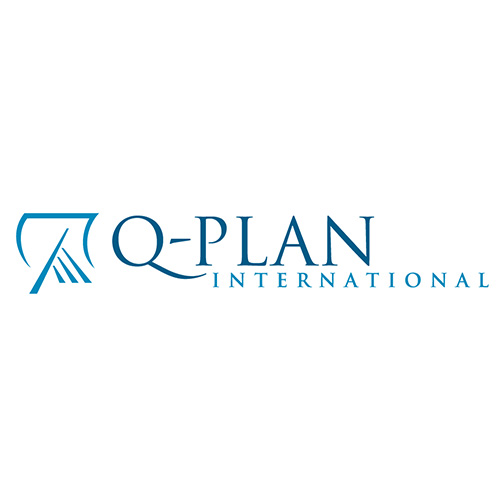
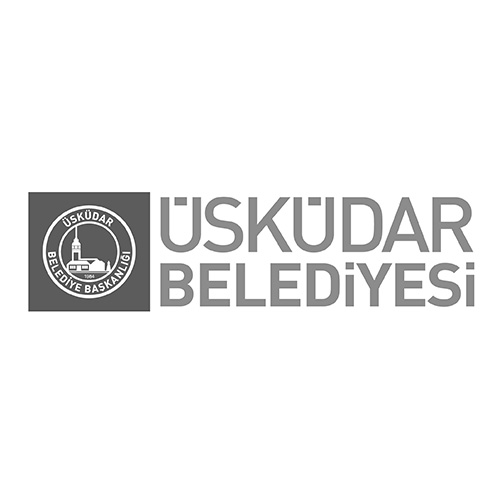

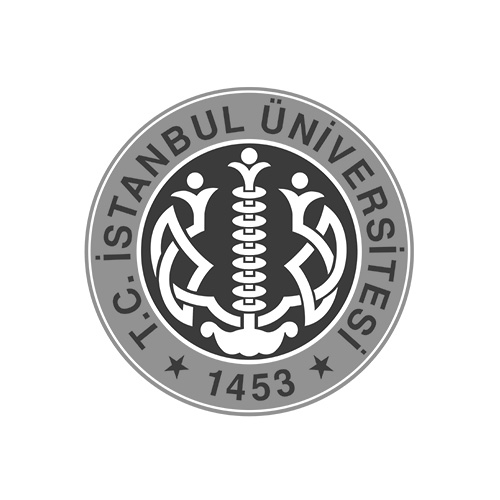
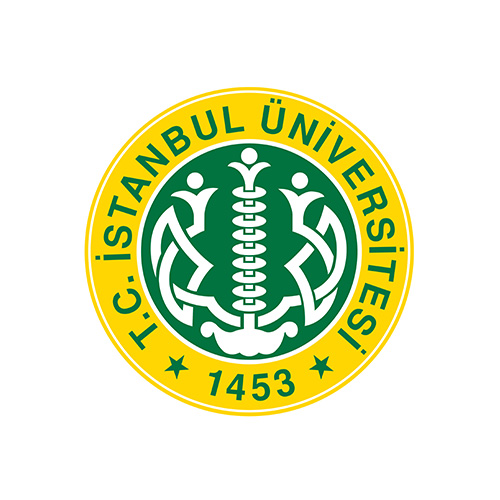


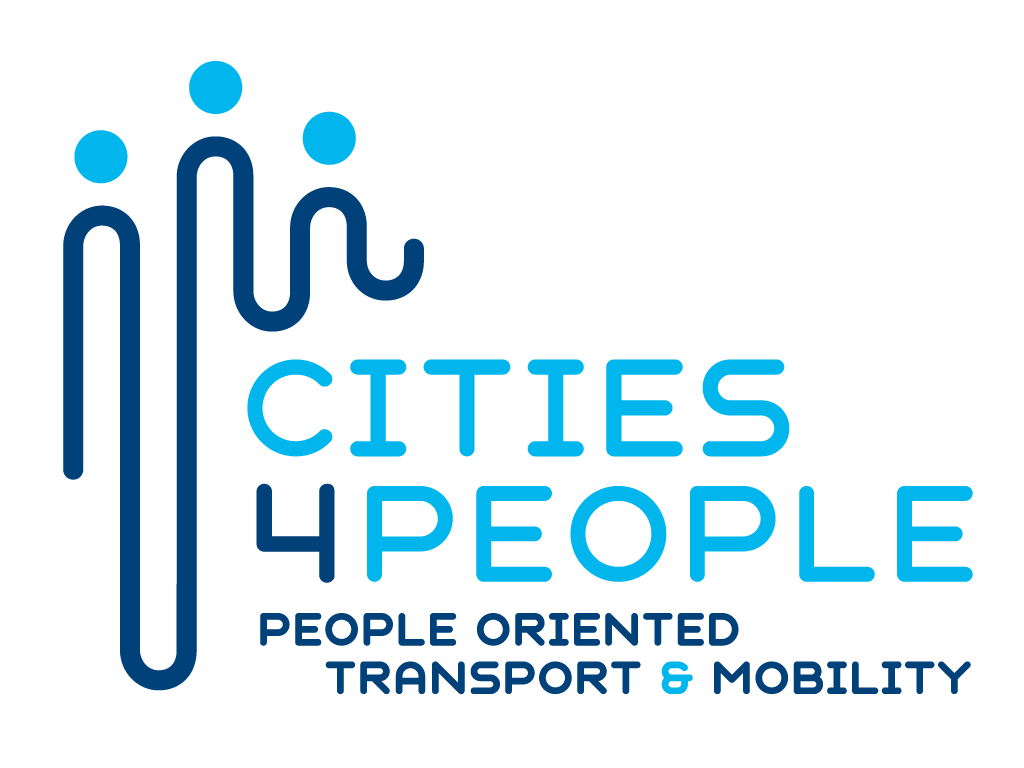
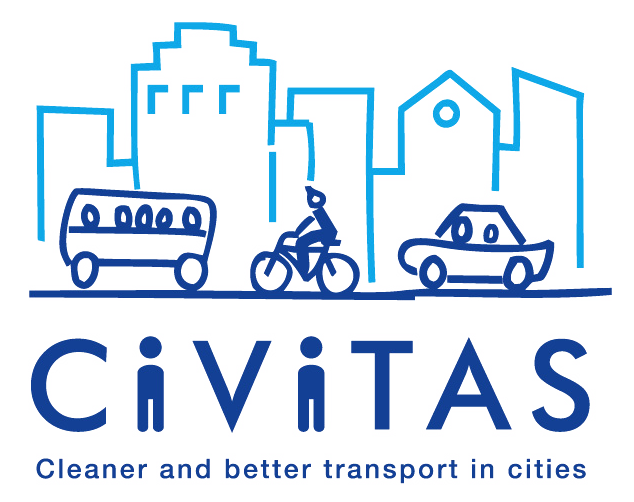


 English
English Magyar
Magyar Ελληνικά
Ελληνικά Turkish
Turkish